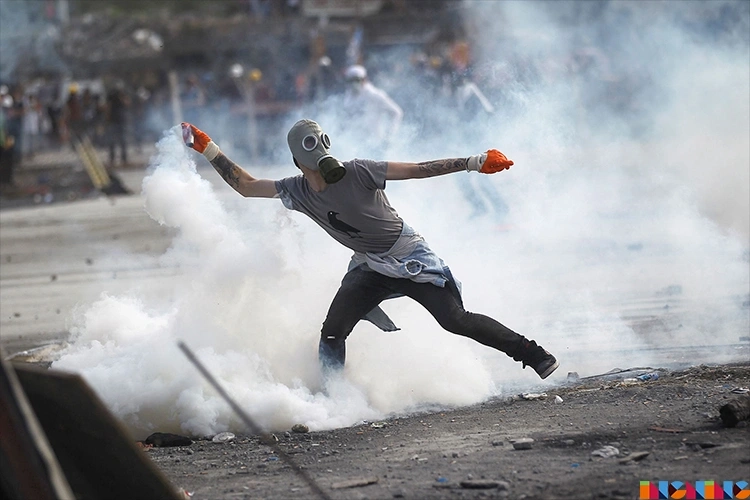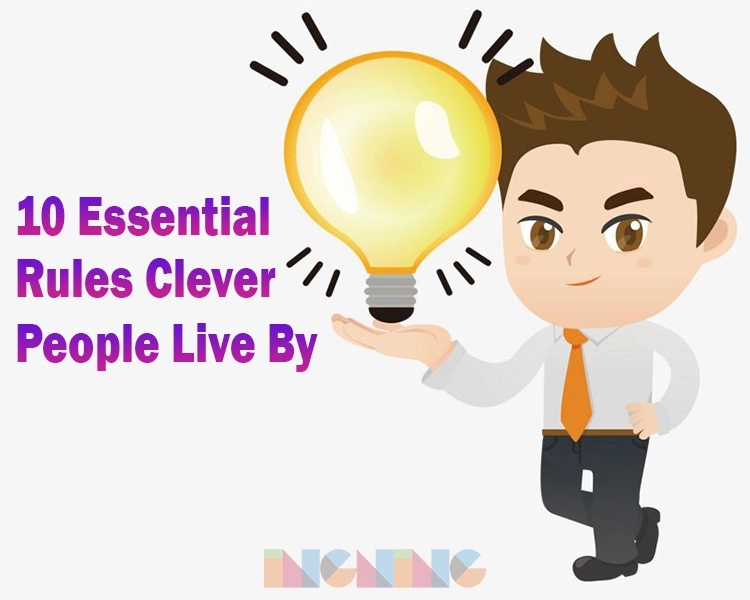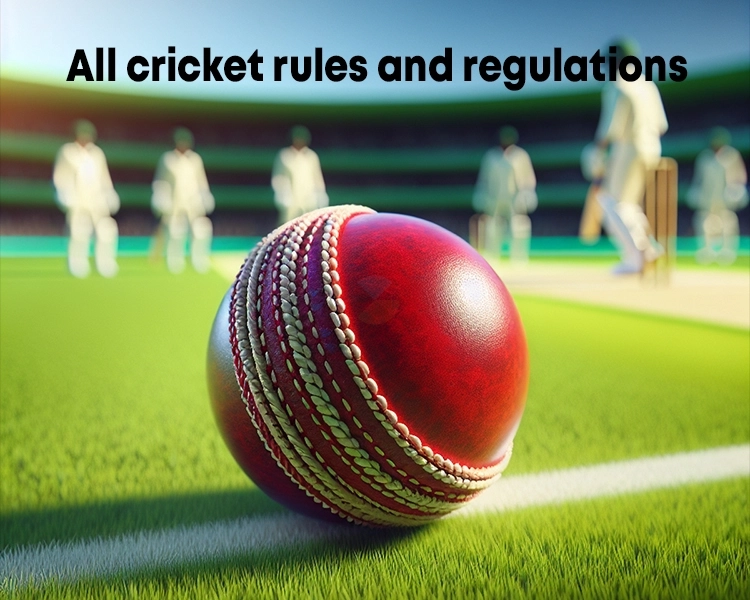Social and Political Unrest: Protests and Social Movements in Response to Inequality, Corruption, and Human Rights
In recent years, the world has witnessed an unprecedented wave of Social and Political Unrest. From the streets of Hong Kong to the capitals of Latin America, from the rural areas of Africa to the cities of Europe, protests and social movements have been rapidly gaining momentum. These movements are not only expressions of dissatisfaction but also calls for transformative change, spotlighting systemic issues like inequality, corruption, and human rights abuses. As political, economic, and social tensions rise globally, understanding the causes and consequences of Social and Political Unrest becomes essential for both political leaders and citizens alike.
The Root Causes of Social and Political Unrest
At the heart of Social and Political Unrest lies a complex web of grievances, with inequality, corruption, and human rights violations standing out as the primary drivers. These issues often intersect and amplify each other, creating a volatile environment ripe for protests and resistance.
Inequality: A Growing Divide
One of the most prevalent causes of Social and Political Unrest across the globe is growing inequality. Whether in wealth, access to education, healthcare, or job opportunities, inequality breeds frustration and a sense of injustice. In many countries, the rich are getting richer while the poor continue to struggle, creating a divide that is increasingly difficult to ignore.
For instance, in the United States, the wealth gap has been widening for decades, with the top 1% of the population holding a disproportionate share of the nation's wealth. Similarly, in countries like Brazil, India, and South Africa, economic inequality has fueled anger among marginalized communities, leading to protests demanding fairer distribution of resources. This economic divide exacerbates other social issues, making it harder for the disenfranchised to access basic human rights, thus sparking Social and Political Unrest.
Corruption: Eroding Trust in Institutions
Corruption is another major factor contributing to Social and Political Unrest. When government officials, corporate leaders, or law enforcement agencies are seen as corrupt, citizens lose trust in the institutions meant to protect and serve them. This erosion of trust leads to public disillusionment and, in many cases, large-scale protests.
In countries like Venezuela, where corruption has crippled the economy, citizens have taken to the streets to demand transparency and accountability from their government. Similarly, in places like Tunisia and Egypt, corruption played a pivotal role in sparking the Arab Spring, where citizens united to oust leaders who were perceived as corrupt and out of touch with the needs of the people. The prevalence of corruption in both public and private sectors has become a significant catalyst for Social and Political Unrest, as people feel that their voices are being ignored in favor of elite interests.
Human Rights Violations: The Struggle for Justice
Human rights violations also remain a critical driver of Social and Political Unrest worldwide. Whether it’s the suppression of free speech, police brutality, or the denial of basic rights such as access to clean water and healthcare, violations of human rights often lead to widespread anger and resistance.
One of the most notable examples is the Black Lives Matter movement in the United States, which arose in response to police brutality against African Americans. Similarly, in Myanmar, the Rohingya minority has faced extreme violence and persecution at the hands of the military, leading to international protests and calls for justice. The Chinese government’s crackdown on pro-democracy protests in Hong Kong also sparked global outcry and calls for greater protection of human rights. These are just a few instances where the struggle for justice and equality has fueled Social and Political Unrest, with people demanding a more humane and just society.
The Role of Technology in Modern Protests
Technology has played a transformative role in modern protests, amplifying the reach and impact of Social and Political Unrest. The rise of social media platforms like Twitter, Facebook, and Instagram has allowed protestors to organize, communicate, and share their messages with the world in real-time. What was once confined to local news or underground movements is now broadcast globally, allowing others to rally in solidarity.
In countries like Iran, where the government has long suppressed free speech, social media has become a crucial tool for activists to bypass state-controlled media and share images, videos, and updates from protests. The Arab Spring is a prime example of how digital platforms can mobilize citizens and build international awareness about issues of governance and human rights. While technology has given a voice to the oppressed, it has also been used by governments to monitor, track, and suppress dissent, adding a new layer of complexity to the landscape of Social and Political Unrest.
The Global Nature of Social and Political Unrest
While Social and Political Unrest often starts in one country, it quickly spreads to others, as global solidarity movements are born out of shared struggles. Protests in one part of the world can inspire or influence actions in other regions, showing how interconnected the fight for justice has become.
For example, the success of the civil rights movements in the United States in the 1960s served as an inspiration for liberation movements in South Africa and across Latin America. Similarly, the recent protests in Iran, sparked by issues such as women's rights and political freedoms, have resonated globally, with solidarity marches and social media campaigns spreading across various countries. The Social and Political Unrest in Hong Kong in 2019 gained international attention and support, with people from different countries organizing rallies to protest against authoritarianism and human rights abuses in the region.
This interconnectedness highlights a universal truth: Social and Political Unrest is not just a local issue but a global one. As inequality, corruption, and human rights violations persist across the globe, it is likely that the world will continue to witness waves of protest and movements calling for change.
Consequences of Social and Political Unrest
The consequences of Social and Political Unrest are far-reaching and can vary depending on the context and scale of the protests. In some cases, unrest leads to significant political and social change, while in others, it may be suppressed, leading to further frustration and division.
One of the most notable outcomes of Social and Political Unrest is regime change. The fall of authoritarian governments in Tunisia, Egypt, and Libya during the Arab Spring serves as a prime example of how powerful protests can alter the course of a nation's history. Similarly, movements like the Velvet Revolution in Czechoslovakia in 1989 or the ousting of Philippine dictator Ferdinand Marcos in 1986 show that peaceful resistance can lead to the dismantling of oppressive regimes.
However, not all Social and Political Unrest results in immediate positive change. In some cases, it leads to violent crackdowns and the suppression of democratic freedoms. In response to protests, governments have resorted to tactics such as internet blackouts, mass arrests, and violence against protestors. The ongoing situation in Myanmar, where the military junta violently suppressed pro-democracy protests, is a stark reminder of how Social and Political Unrest can be met with authoritarian resistance.
The Role of International Organizations
International organizations like the United Nations (UN), the European Union (EU), and various human rights groups play a vital role in addressing Social and Political Unrest on a global scale. These organizations often serve as mediators, pressure groups, or sources of humanitarian aid during times of unrest. The UN has been involved in efforts to mediate peace in countries like Syria, where civil war and Social and Political Unrest have caused widespread devastation.
Human rights organizations like Amnesty International and Human Rights Watch also work tirelessly to document abuses and pressure governments to uphold international human rights standards. By shining a light on atrocities, these groups help hold governments accountable and garner international support for change.
The Future of Social and Political Unrest
As we look ahead, it is clear that Social and Political Unrest will remain a central feature of global politics. The causes of unrest—inequality, corruption, and human rights violations—are deeply entrenched in many societies, and addressing them will require significant political will and social transformation. Movements for change will continue to evolve, shaped by new technologies, political realities, and shifting global power dynamics.
One thing remains certain: the fight for a more just, equal, and free world is ongoing, and Social and Political Unrest will remain a powerful force in shaping the future of nations around the world. As citizens demand accountability and justice, the hope is that governments will respond to these calls with the necessary reforms to create a more inclusive and equitable society for all.
Conclusion
Social and Political Unrest is an inevitable outcome of long-standing societal issues such as inequality, corruption, and human rights abuses. It is a response to the failure of institutions to meet the needs and rights of their citizens. While these movements are often born out of frustration and anger, they can also be powerful agents of change. From sparking political revolutions to influencing global human rights discourse, Social and Political Unrest is a testament to the resilience of people who refuse to accept injustice. Understanding its causes, consequences, and global nature is crucial for fostering a world where social, political, and economic systems serve all people fairly.









 Ingning
Ingning







